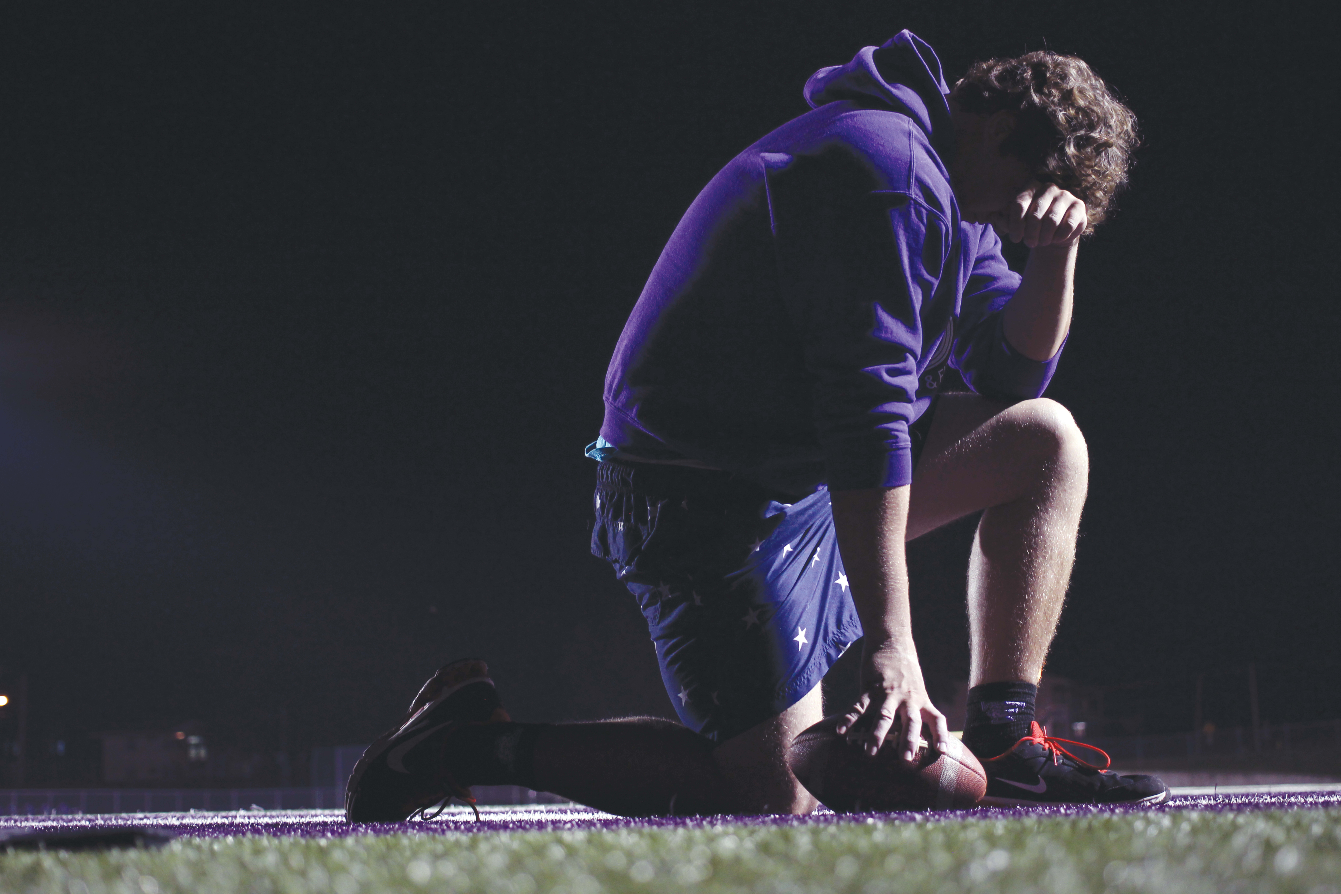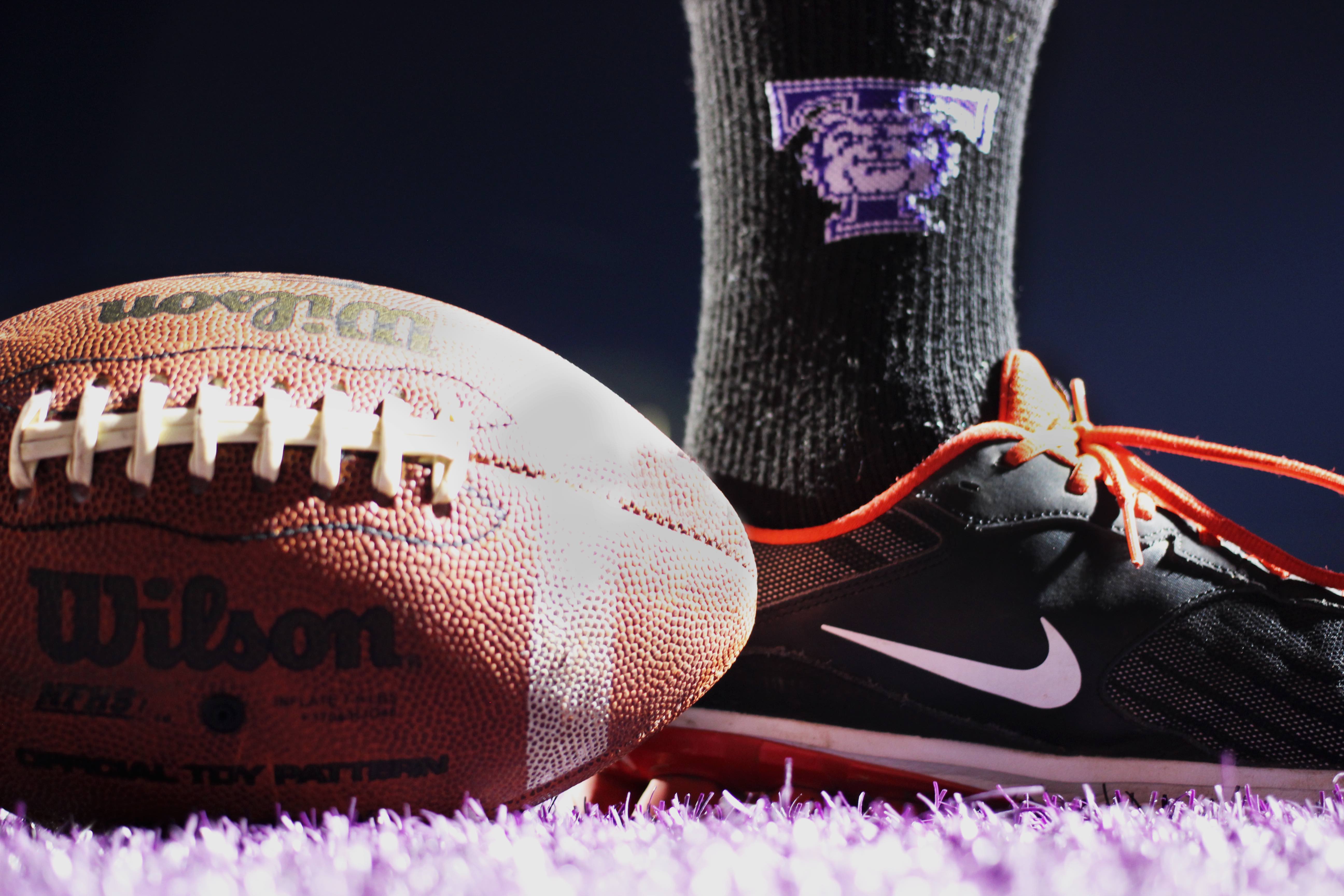
Irrational. Illogical. Irrevelant to performance. Superstitions in sports are rather absurd when you take a moment to think about the reasoning behind them. The truth is, there is no motive or rationality. Just like breaking a mirror won’t actually bring you seven years of bad luck, eating the same meal before every game won’t actually contribute to your performance — or will it?
The majority of athletes understand their superstitions aren’t practical, yet many athletes live and die by their lucky charms and routines. Even professionals form habits they think maybe, just maybe will give them an edge against opponents. Brian Urlacher, Chicago Bears Pro Bowl linebacker, ate two chocolate chip cookies — no more, no less — before every game he played. NBA guard Jason Terry acquired 29 pairs of his opponents’ shorts so he could wear them the night before they faced off. Even Michael Jordan relied on superstition. Jordan wore his University of North Carolina shorts under his NBA uniform during every game. It seems silly athletes of this caliber would pay attention to superstitions when they possess such great talent — these strange beliefs really have little to do with the physical aspect of sports.
Superstitions and sports go hand-in-hand because sports are subject to failure — to losing streaks, upsets, injuries and slumps. On the court, field or track, athletes cannot control their own fate. This uncertainty is what makes sports so mentally challenging, and this is where superstitions come into play. Superstitions help take away some of the mental stress that comes along with sports. Dribbling five times before a free throw won’t magically improve your percentage, but stepping up to the foul line with confidence in the routine your body has performed over and over? There might be a little magic in that.
Superstitions actually have been linked with improved performance — not because the routines physically boost the athletes, but because they grant players the feeling of control. Or, more accurately, the illusion of control. Psychologically, these illusions make sense. But let’s be honest, it’s not a superstition if it’s not a tiny bit ridiculous.
Virtually no one is immune to superstitious thinking, no matter how hard one might try. The phenomenon is vast, works its way across a variety of sports and is prevalent here at Truman State.
The degree of superstition seems to vary from one athlete to another, but a common theme arises in Truman athletics. The lower-scoring sports such as baseball and soccer lead the way with a heavy reliance on gametime routines. Just one second, one pitch or one bad bounce can change the entire outlook of a soccer or baseball game. With a little help from their good luck charms, however, Bulldog athletes hope these game-changing moments fall in their favor.
Baseball has perhaps the longest history with superstition. Talk of curses or rally caps are nothing out of the ordinary but in addition to the massive amounts of traditional superstitions, many players have their own lucky rituals. Sophomore infielder Kyle Smith says he always lays his glove a certain way in the dugout, and the pitcher is never allowed to touch his glove or his bat. He wears his right sock inside out and has a specific routine for getting dressed for the game. Why all these little details? Because there’s always that slim chance it will make a difference. The odds of a superstition actually making a difference are low, but in baseball, when the odds are against you, being superstitious doesn’t seem to hurt.
“Baseball is a game of failure,” Smith says. “I honestly don’t know why we have so many superstitions, it’s just always been a part of the game.”
For more on Bulldog athletes’ superstitions, including soccer players, wrestlers and more, pick up a copy of the Index or read this week’s edition on Issuu.

